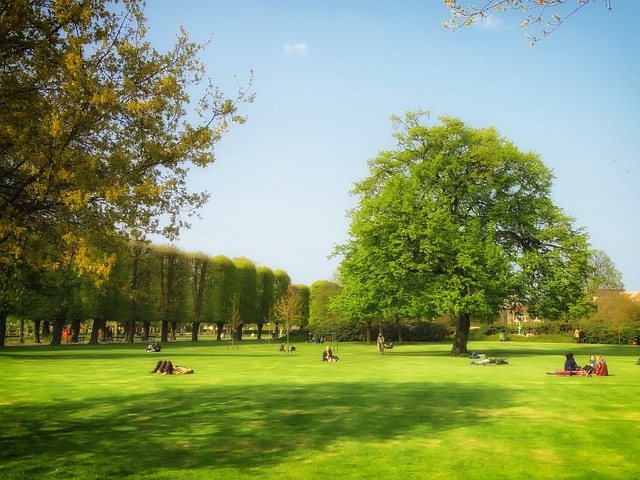Copenhagen has long been named one of the top cities in the world to live in thanks to high scores for happiness, its work-life balance and, more recently, for studying abroad.
According to a new report from online student accommodation solution The Social Hub, the Danish capital should also be considered by those with a hankering for sustainable living.
The report has ranked Denmark third in Europe for sustainable living based on factors such as pollution levels, cost of public transport, and the quality of its parks and green spaces.
“The Danish capital secures third place with an average of 233,805 tonnes of waste generated per year, which is the fourth-lowest of all cities analysed,” the ranking found.
The city also offers fantastic air quality, and its parks and green spaces are of the highest quality, with categories both scoring in the low 80s out of 100.”
READ ALSO: Copenhagen the world’s sixth best city for studying abroad – survey
Few jobs in sustainability
One of the detractions suppressing Copenhagen on the list was its apparent low number of jobs in sustainability – only Tallinn performed worse in the top 15.
The city was also lauded for generating an average of 233,805 tonnes of waste annually, which is the fourth-lowest of the 40 cities analysed.
However, the Nordic champion it was not, as Stockholm topped the list ahead of Bruges, followed by Copenhagen, Zurich and Munich.
The top ten was completed by Vienna, Oslo, The Hague, Hamburg and Tallinn, while other notables in the top 15 included Amsterdam (11th) and Berlin (14th).














